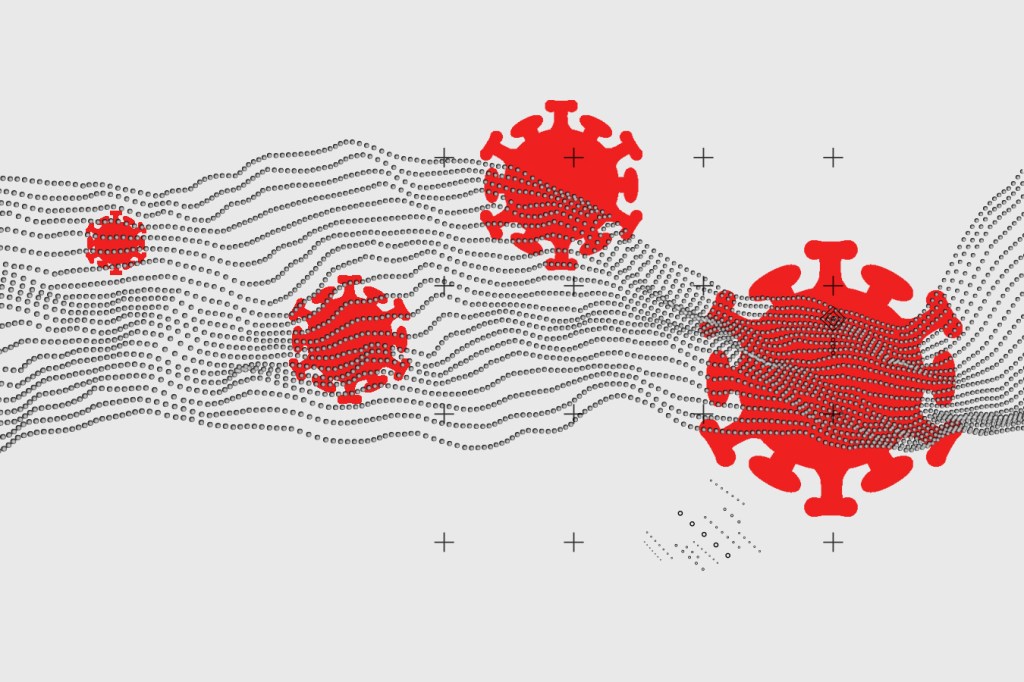There is no comprehensive data on government public health spending and staffing in the U.S., and KHN and the Associated Press spent months gathering different datasets, each measuring a slightly different concept of “public health,” into a unique repository of public health data at the local, county and state levels.
Now, we’re releasing our public health infrastructure data on Github for journalists, researchers and interested readers to use.
The U.S. public health system has been starved for decades and lacks the resources to confront the worst health crisis in a century. Since 2010, spending for state public health departments has dropped by 16% per capita and spending for local health departments has fallen by 18%, according to a KHN and AP analysis of government spending on public health. At least 38,000 state and local public health jobs have disappeared since the 2008 recession, leaving a skeletal workforce for what was once viewed as one of the world’s top public health systems.
Read the full story and methodology behind this investigation.
Some datasets track only state public health systems, not agencies that operate at a county, city or regional level. Other data, including some from the U.S. Census Bureau, covers spending on all non-hospital health care. Public health efforts are mixed in with the costs of providing local medical transportation, running community clinics and offering mental health services.
Many states don’t track local health department spending and staffing at all, but we gathered it from several states that had it available in PDF reports, Excel files and online dashboards. We’re making this cleaned and standardized data available so local journalists and others can dig into their public health systems without having to repeat the same data janitorial work.
To download the data and read the full technical methodology, visit our ‘Underfunded and Under Threat’ Github repository.
This story was produced by Kaiser Health News, an editorially independent program of the Kaiser Family Foundation.
